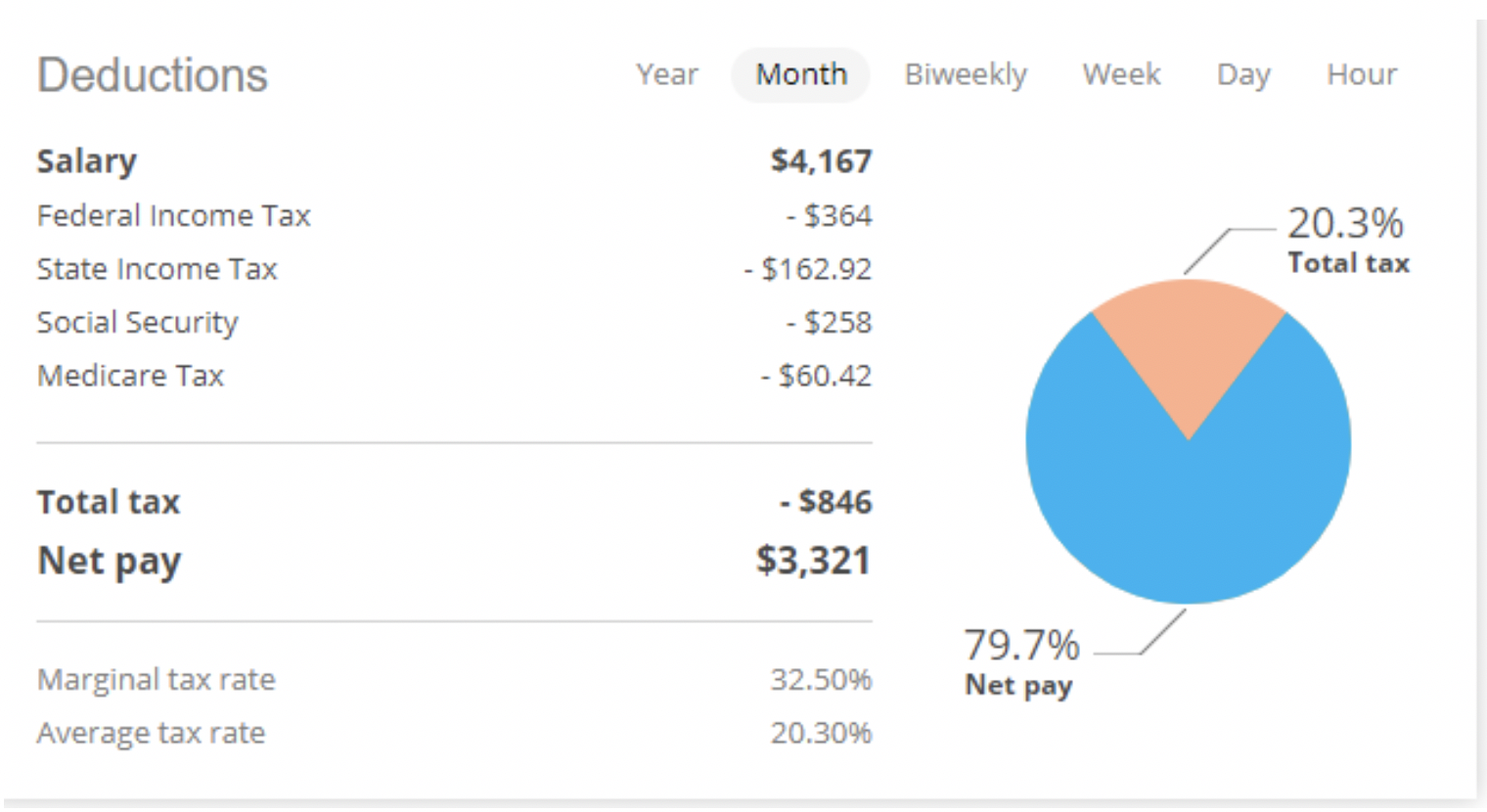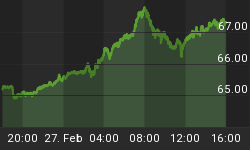If you’re a recent college graduate or a soon-to-be college graduate, in no time at all you’ll be faced with many critical life decisions, such as where to live, to rent or to own, where to work, and perhaps more importantly, what car to drive, whether to marry now or after paying off debt…
But in your haste to find answers to the questions above, you may have overlooked a critical piece to the puzzle: saving for retirement.
Only after creating a solid retirement savings plan can you hope to answer the remaining questions.
We have a plan for you to create your million-dollar retirement account, and it’s easier than you might think—provided you employ a smidge of financial discipline.
If you are a millennial, you are in good company. Compared to my generation and the ones that came before me, millennials start saving earlier in life, according to money.com, citing statistics by the TransAmerica Center for Retirement Studies.
On average, millennials start saving for retirement at age 24. Gen Xers started at age 30, and Baby Boomers—despite all their wisdom—didn’t start until age 35.
That’s good news for millennials because saving for retirement takes time.
So, when should you start saving, and how much should you save?
First let’s start with some assumptions:
#1 The average college graduate can expect to earn $60,000 in their first job, according to a recent survey from LendEdu. But most will earn nearer $50,000. The National Association of Colleges and Employers estimates that the average starting salary for college grads last year was roughly $50,000.
#2 The traditional retirement age is commonly thought to be age 65. But the most common age to retire in the United States is actually 62 years old, with 18.7% of retires calling it quits at age 62. The vast majority of the population (63.1%) retires between 57 and 66, according to DQYDJ.
#3 Interest—specifically compounding interesst—is your friend. As important as it is to determine how much money you will put into retirement every paycheck is the return on your retirement savings. And the return on the return. And then the return on the return on the return. A standard rate of return on the average 401(k) plan is 5% or 6% per year. Of course, it’s possible to do better than that, and it’s also possible to do worse. We’ve used 6% in the scenarios below.
#4 This assumes you currently have $0 saved so far
#5 Federal, state, local income taxes vary, so the calculations here that estimate take-home pay are just that—estimates, based on living in Michigan. If you want to get a more accurate picture of what your take-home pay would look like for your salary, visit neuvoo.com/tax-calculator.

Source: https://neuvoo.com/
The average millennial making $50,000 (gross) per year at age 24 could be a millionaire at age 62 if you put away just $600 per month. That may sound like a lot. It’s a car payment, for instance, or maybe your monthly payment on those hefty student loans you took out. But we assure you that it’s far less painful to set this aside now rather than later—and if you start putting this away when you first start your career, you will never even miss it.
At this $50,000 salary, after your $600 savings, you will still be bringing home $2721 per month. Plenty to go around for rent and a car. And best of all, you will have $1.01 million at age 62.
Maybe your early twenties got away from you, and at age 30, you’re just now getting around to thinking about your savings. It’s still not too late. But we’re not going to lie: those five years will cost you—dearly.
Remember the friend you had in compound interest? It’s now just a pleasant acquaintance. In order to enter retirement at age 62, you will have to put away $900 per month instead of the $600. This leaves you $2421 per month.
Okay, so maybe you’re a late bloomer. You’re 35 now. That compound interest—once your best bud—is now a fierce competitor in the retirement game. Get ready to fork over $1,300 per month if you want to be a 62-year-old millionaire. That leaves you with $2,021 per month to spend each month.
The bad news is, that extra $700 a month will hurt, not least because at age 35, you have already become accustomed to spending that dough. The good news is, hey, you’re not 40 yet.
You’ve reached age 40, and some freak accident has prevented you from saving anything for retirement. Open that pocketbook and shell out $1,900 each month. That’s $1,900 for the 62-year-old you, and $1,421 for the 40-year-old you.
Let’s skip ahead to age 50. Let’s hope you’re making more money by this age, because compound interest is the farthest thing from being your friend. You’d have to save $4,800 per month to make that $1 million now. If you’re 50 and you’re feeling down in the dumps about your retirement prospects, don’t beat yourself up too much. The average retirement savings for people in their 60s is just $172,000—a far cry from the million we’ve used here.
So $600 per month or $4,800 per month—the choice is yours. Don’t let your retirement savings opportunities pass you by: It’s never too early to save for future.
By Julianne Geiger for SafeHaven.com
More Top Reads From Safehaven.com:
















